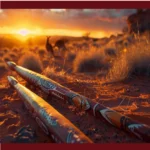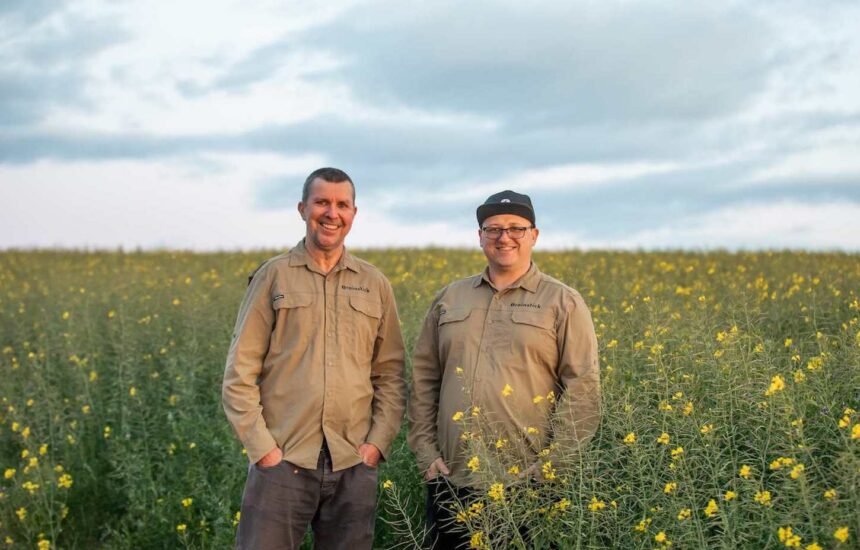A Legal Pluralist Approach to First Laws and Earth Laws. Peace NOT War: Stories of Wisdom and Hope. PLUS: Traditional Knowledge & Climate Change. Both Springer publications.
Rethinking Law, Land, and Climate Justice in Australia: Rewriting Our Relationship with the Earth: A Climate and Biodiversity Wake-Up Call: Traditional Ecological Knowledge (TEK)
In this vital and timely Book: “the real task of improving and raising Western law to a higher ethical level where humane, respectful treatment of Land and people, becomes the norm – is obviously the real challenge”.
Climate change is compounding biodiversity loss, disrupting ecosystems, and rendering many protected areas uninhabitable for flora and fauna. Australia exemplifies this crisis: over 10% of its land mammals have gone extinct since the 1850s, and widespread deforestation continues to emit vast amounts of carbon. As a leading coal exporter, the country also plays a significant role in accelerating global warming.
This environmental degradation mirrors historical and ongoing injustices toward Aboriginal peoples, both rooted in a colonial ideology of domination. The authors of this volume argue for a reimagined, pluralist legal system—one that integrates Aboriginal laws, values, and stewardship of the Land into Australia’s legal framework.
“Aboriginal law starts with First Law, asking people to adopt lifeways to the laws of nature, rather than hubristically thinking nature will respond to our legal prescriptions for it”.
Central to their vision is the Yarra River Protection (Wilip-gin Birrarung murron) Act 2017, which recognises the Yarra River as a living entity and honours Aboriginal custodianship. This groundbreaking legislation offers a model for decolonising law and embedding ecological responsibility and Indigenous wisdom at the heart of governance.
By co-designing legal pluralism that respects Aboriginal law and interdependence with nature, this work calls for healing both legal systems and the planet itself—recognising that true sustainability begins with reconciling human and non-human relationships through the lens of justice, culture, and care.
According to the International Union for the Conservation of Nature, 41% of amphibian, 26% of mammal, 21% of reptile and 13% of bird species face extinction unless we reduce the human footprint upon the planet.
The latest assessments from global scientific bodies warn of catastrophic consequences for both human and non-human life unless dominant Western societies radically change their relationship with the planet. The Intergovernmental Panel on Climate Change forecasts severe impacts driven by climate disruption, while the Intergovernmental Science-Policy Platform on Biodiversity and Ecosystem Services reports that over one million species face imminent extinction.
Climate change is amplifying existing threats to biodiversity—heating the planet, acidifying oceans, disrupting rainfall, and decoupling essential ecological relationships, such as those between plants and pollinators. Even protected areas are becoming uninhabitable, with few remaining refuges for species to migrate. These findings underscore a stark truth: in many affluent societies, humanity’s relationship with nature has become fundamentally unsustainable.
This is 1000 times the background rate (if humans did not exist) and is predicted to rise to 10,000 times the background rate with current population growth, overconsumption and climate change.
Anne Poelina introduces herself in her story, ‘I am a Nyikina Woman who belongs to the Mardoowarra Fitzroy River’. When colonisers dispossessed people of their Lands, they also dispossessed them from their cultures, from their selves”.
Authors:
- Anne (Wagaba) Poelina, Professor and Chair of Indigenous Knowledge’s at Nulungu Research Institute University of Notre Dame Australia Broome, WA, Australia
- Mary Graham University of Queensland Brisbane, QLD, Australia
- Tyson Yunkaporta Faculty of Arts and Education Deakin University Melbourne, VIC, Australia Shola Anthony Diop Sydney, NSW, Australia
- Michelle Maloney Australian Earth Laws Alliance Narangba, QLD, Australia
- Donna Bagnall Curtin University Perth, WA, Australia
- Ross Timmulbar Williams Brisbane, QLD, Australia
- Chels Marshall NIKIRI Institute Deakin University Melbourne, VIC, Australia
- Nadeem Samnakay Australian National University Canberra, ACT, Australia
- Michael Davis Law School The University of Sydney Sydney, NSW, Australia
READ FULL SYNOPSIS and BOOK:
For more information from Prof. Anne (Wagaba) Poelina PhD, MEd, MA, MPH&TM, winner of Geoethics Medal 2024, Professor Anne Poelina is one of Australia’s most respected Indigenous leaders. Over the past 30 years, she has employed a powerful combination of public engagements, peer-reviewed academic papers, podcasts, community meetings, poetry, storytelling and filmmaking to share the lived experiences of Indigenous people and expand appreciation of the value of Indigenous knowledge for the challenges facing our world. contact: HERE+
Published by Springer Nature Singapore Pte Ltd
Declaration of Peace: Springer:
Book web page Link: HERE+












